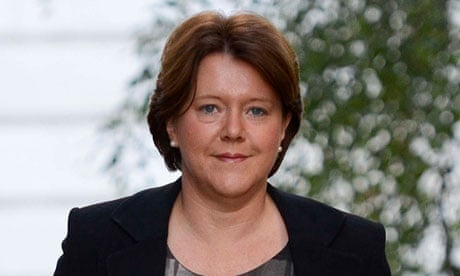By Tony O’Reilly-
Conservative Mp, Kemi Badenoch, (pictured)was today caught up in Parliament drama at a House of Commons committee session Wednesday, as she defended the government’s move to reject a cross-party call for help for women going through menopause.
In a heated hearing at the House of Commons’ women and equalities committee, Badenoch, who serves as equalities minister and business secretary in Rishi Sunak’s government, exchanged words with committee members and cited “philosophical” differences over their recommendations.
As part of 12 ideas to reform support for women going through menopause, The committee had called for a pilot of menopause leave policy in workplaces and urged ministers to consult on making menopause a protected characteristic under equalities law .
The initiative was among twelve other ideas to reform support for women going through menapause, a move that would make it illegal to discriminate against anyone on that basis.
However, the Uk government outrightly rejected both of these proposals and five of the committee’s recommendations in total, although it last year unveiled a wide-ranging women’s health strategy. Conservative MP and committee Chair Caroline Nokes has already accused the government of making “glacial progress” on menopause support.
Hitting back at criticism from opposition Labour MP Carolyn Harris, Badenoch said on Wednesday that the calls for a pilot on menopause leave were being made from “a left-wing perspective.”
She argued that women could use existing provisions in the Equalities Act 2010 to bring discrimination cases.
“The menopause can be dealt with alongside three existing ones – age, sex, and disability – because it is a health condition and many disabilities are health conditions. We have the laws in place”.
The government has already rejected a women and equalities committee report calling for a consultation on making menopause a protected characteristic – and on trialling “menopause leave” in England.
The government also rejected the recommendation that section 14 of the Equality Act be enacted. Section 14 includes a prospective provision for employees to bring dual tribunal claims for discrimination relating to a combination of protected characteristics, for example, age and sex.
The government’s response to the menopause recommendations expresses concern over the additional burden that enacting section 14 would place on employers “particularly the potential for creating new areas of dispute over self-identity and concerns about hierarchies of rights”.
In a letter to health minister Maria Caulfield, women and equalities committee chair Caroline Nokes said the government’s response has “ignored the significant evidence base” for equality law reform.
“This belated response to our report is a missed opportunity to protect vast numbers of talented and experienced women from leaving the workforce, and leaves me unconvinced that menopause is a government priority,” Nokes said.
“For too long women have faced stigma, shame and dismissive attitudes when it comes to menopause. The evidence to our inquiry was crystal clear that urgent action was needed across healthcare and work settings to properly address women’s needs, yet government progress has been glacial and its response complacent. Its refusal to even consult on reforming equalities law doesn’t make sense and we urge it to look again.”
It says: “It is important to ensure that the policy is considered in the round to avoid unintended consequences which may inadvertently create new forms of discrimination, for example, discrimination risks towards men suffering from long-term medical conditions, or eroding existing protections.
“The more substantial the necessary changes to the 2010 Act are, the more likely it is that they would require a full-scale review of the Act.”
Center Right Perspective
Ms Badenoch said that decision had been made by her predecessor Maria Miller, adding that she concurred with it.
Maria Millis served as Secretary of State for Culture, Media and Sport from 2012 to 2014 under Prime Minister David Cameron and Minister for Women and Equalities from 2012 to 2014.
“I am speaking from a center-right perspective,” she said. “I do not think that creating another pilot on more leave is what is going to help women who have the menopause.”
Harris shot back: “I think your commitment to women has been displayed quite adequately this afternoon.”

. Maria Miller Photograph: Steve Back/Rex Features
Maria Miller, who indicated that the BBC’s governance, including the future of the six-year-old trust, was under review. Photograph: Steve Back/Rex Features
Badenoch told the committee Wednesday that ministers remain committed to introducing long-awaited legislation curbing conversion therapy — the widely-discredited practice of trying to change an individual’s sexual orientation or gender identity — and said a bill is currently being drafted.
“This isn’t virtue-signalling, fly-by-night legislation that will create problems,“ she said by way of explanation for the delay, which has been criticized by LGBTQ+ campaigners.

